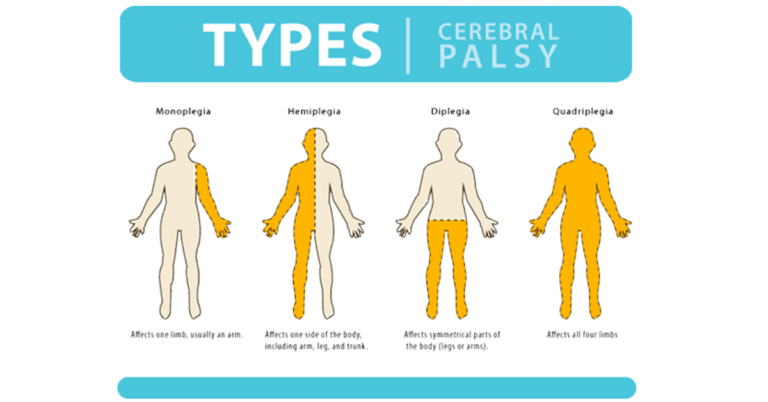Exploring the Role of Cognitive Behavioral Therapy in Managing Anxiety Disorders
bet book 250.com, 11xplay online, yolo 247 login:Anxiety disorders are among the most common mental health issues that people face today. They can cause a range of symptoms, including excessive worry, fear, and physical symptoms like rapid heartbeat or sweating. Many individuals with anxiety disorders struggle to manage their symptoms and find it challenging to lead a fulfilling and productive life. Fortunately, Cognitive Behavioral Therapy (CBT) has emerged as an effective treatment option for anxiety disorders.
What is Cognitive Behavioral Therapy (CBT)?
CBT is a type of psychotherapy that focuses on changing negative thought patterns and behaviors that contribute to anxiety. It is based on the idea that our thoughts, feelings, and behaviors are interconnected, and by changing one aspect, we can influence the others. In CBT, individuals work with a therapist to identify and challenge unhealthy beliefs and develop coping strategies to manage anxiety more effectively.
Exploring the Role of CBT in Managing Anxiety Disorders
1. Understanding Anxiety Disorders: Before delving into the role of CBT in managing anxiety disorders, it is crucial to understand the different types of anxiety disorders. Generalized Anxiety Disorder (GAD), Social Anxiety Disorder, Panic Disorder, and Phobias are some common examples. Each type of anxiety disorder presents with unique symptoms and triggers, requiring tailored treatment approaches.
2. CBT Techniques for Anxiety: CBT employs various techniques to help individuals manage anxiety. Cognitive restructuring involves challenging and replacing negative thoughts with more balanced and realistic ones. Exposure therapy helps individuals confront their fears gradually to reduce anxiety responses. Relaxation techniques, such as deep breathing and progressive muscle relaxation, can also be incorporated to alleviate physical symptoms of anxiety.
3. Collaborative Approach: CBT is a collaborative therapy in which the therapist and individual work together to set goals and develop a treatment plan. The therapist provides guidance and support while empowering the individual to take an active role in their recovery. This collaborative approach fosters a sense of empowerment and self-efficacy in managing anxiety symptoms.
4. Building Coping Skills: CBT equips individuals with skills to cope with anxiety in the long term. By learning how to identify and challenge negative thinking patterns, individuals can reduce the intensity and frequency of anxious thoughts. Developing healthy coping strategies, such as problem-solving and assertiveness skills, can enhance resilience and decrease reliance on maladaptive coping mechanisms.
5. Addressing Underlying Factors: CBT goes beyond symptom management to address underlying factors contributing to anxiety. By exploring past experiences, traumas, and core beliefs, individuals can gain insights into the roots of their anxiety. This deeper understanding allows for more targeted interventions and sustainable improvement in anxiety symptoms.
6. Maintenance and Relapse Prevention: CBT emphasizes the importance of maintenance and relapse prevention strategies to prevent the recurrence of anxiety symptoms. Through regular practice of coping skills and the cultivation of self-awareness, individuals can build resilience and effectively manage stressors that may trigger anxiety episodes.
FAQs on Cognitive Behavioral Therapy for Anxiety Disorders
1. How long does CBT take to be effective for anxiety disorders?
CBT is typically a short-term therapy, with benefits often seen within a few months of treatment. However, the duration of therapy may vary depending on the individual’s needs and the severity of their anxiety disorder.
2. Is CBT effective for all types of anxiety disorders?
CBT has been shown to be effective for various anxiety disorders, including GAD, Social Anxiety Disorder, Panic Disorder, and Phobias. It may be adapted to suit the specific symptoms and challenges associated with each type of anxiety disorder.
3. Can CBT be used in combination with medication for anxiety disorders?
CBT can be used as a standalone treatment or in combination with medication for anxiety disorders. The decision to incorporate medication should be made in consultation with a healthcare provider based on the individual’s needs and preferences.
4. How can I find a qualified CBT therapist for my anxiety?
It is essential to seek a therapist who is trained in CBT and has experience working with anxiety disorders. You can ask for recommendations from your healthcare provider, search online directories, or contact professional organizations for referrals to qualified therapists.
In conclusion, Cognitive Behavioral Therapy plays a vital role in managing anxiety disorders by providing individuals with the skills and strategies to challenge negative thought patterns, develop coping mechanisms, and address underlying factors contributing to anxiety. By adopting a collaborative and evidence-based approach, CBT empowers individuals to take control of their anxiety and lead more fulfilling lives. If you or someone you know is struggling with anxiety, consider exploring the benefits of CBT as a treatment option.







